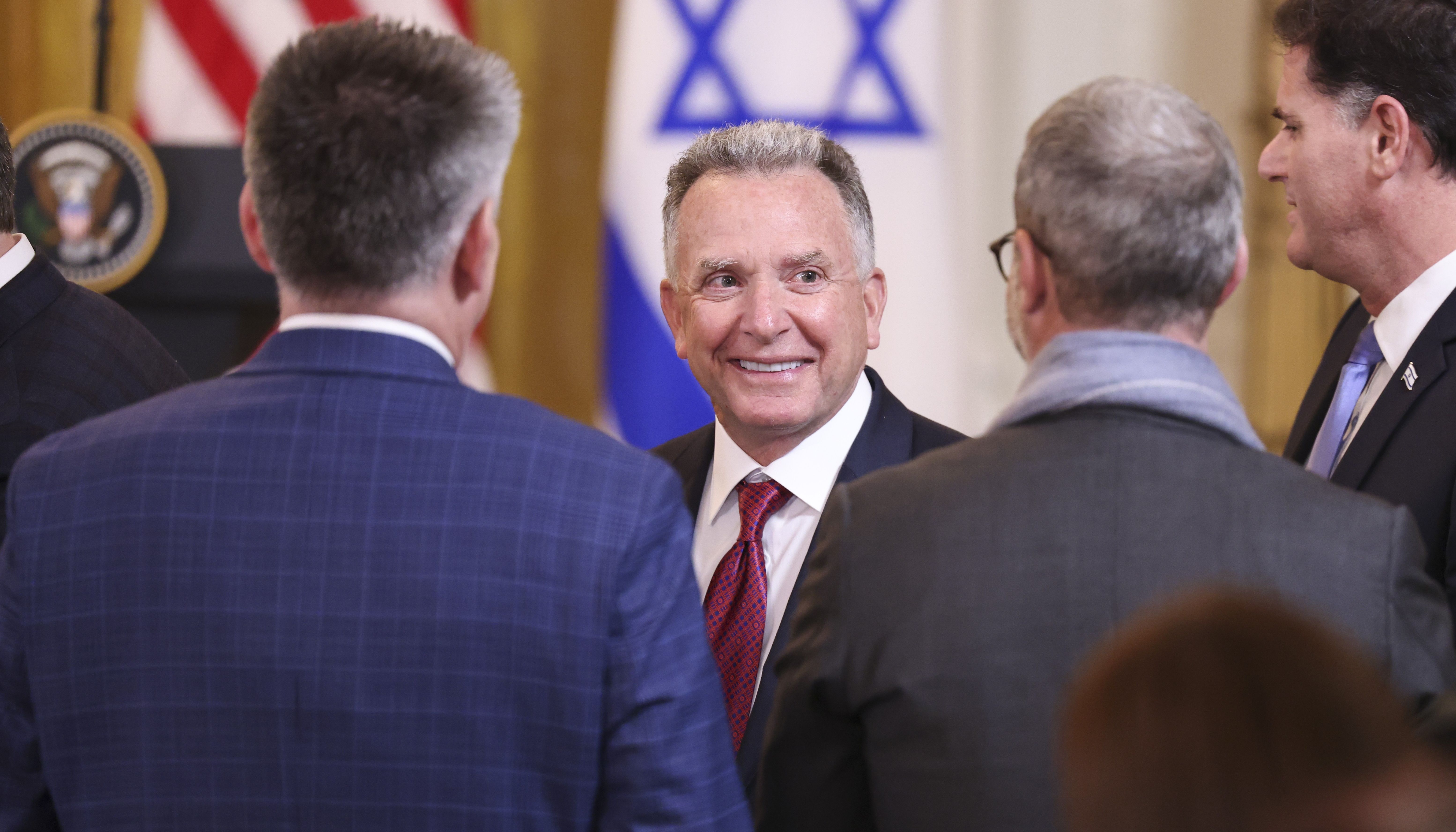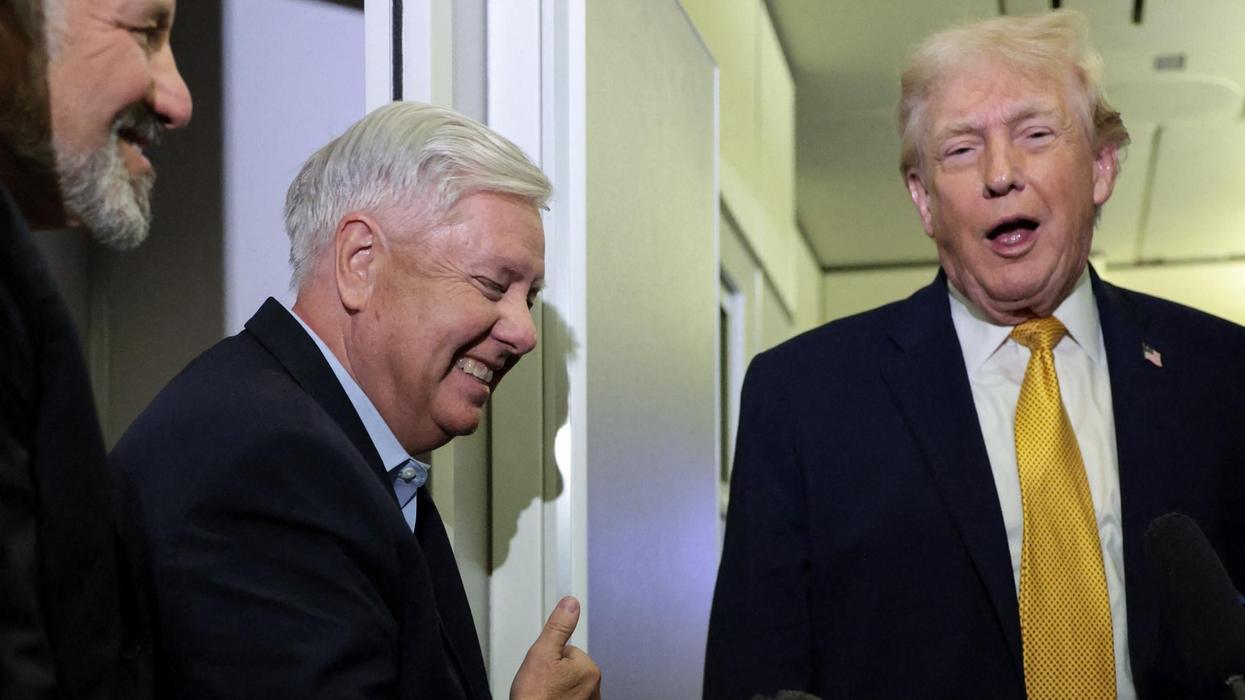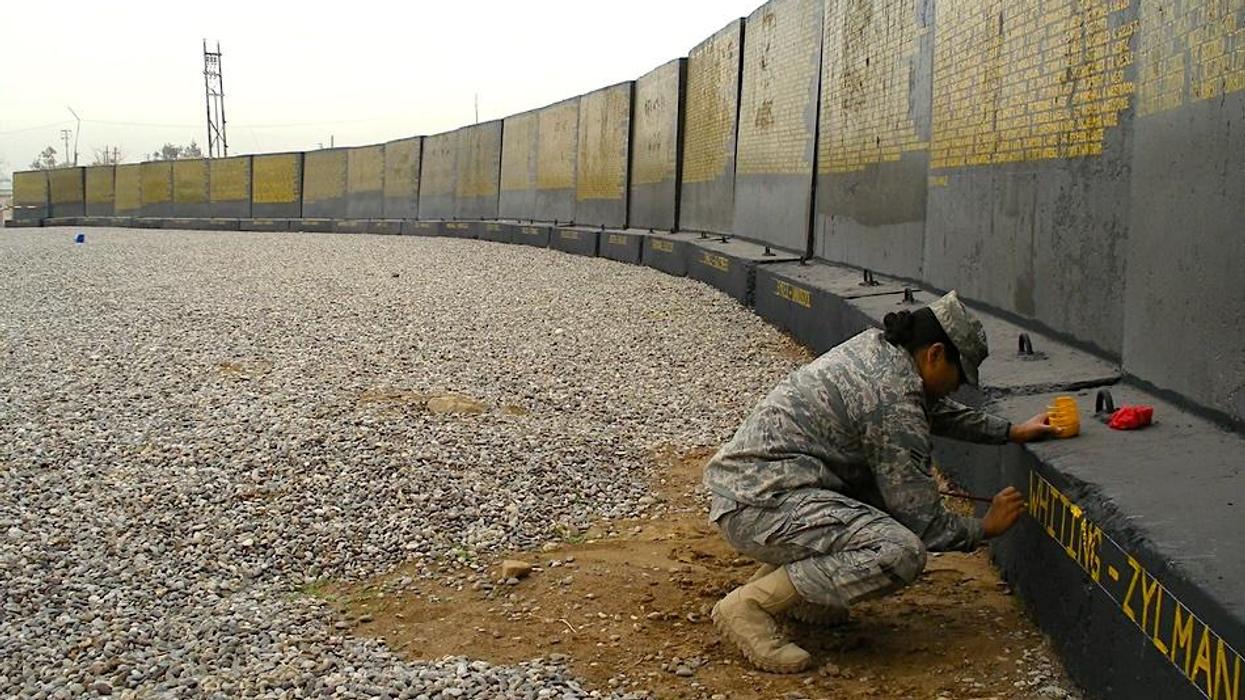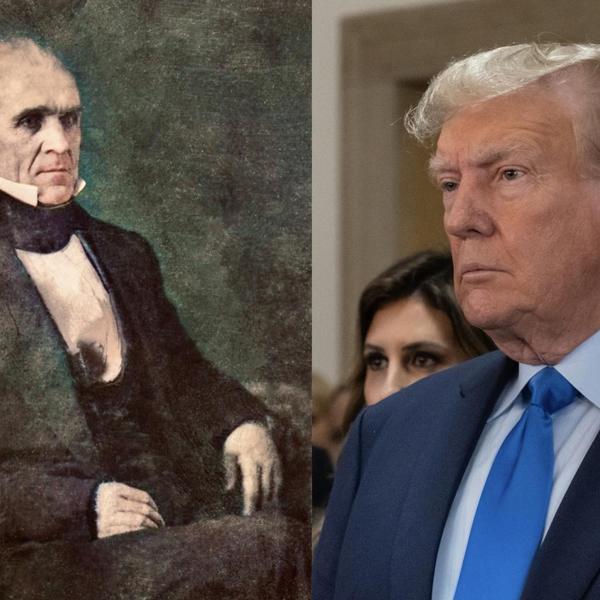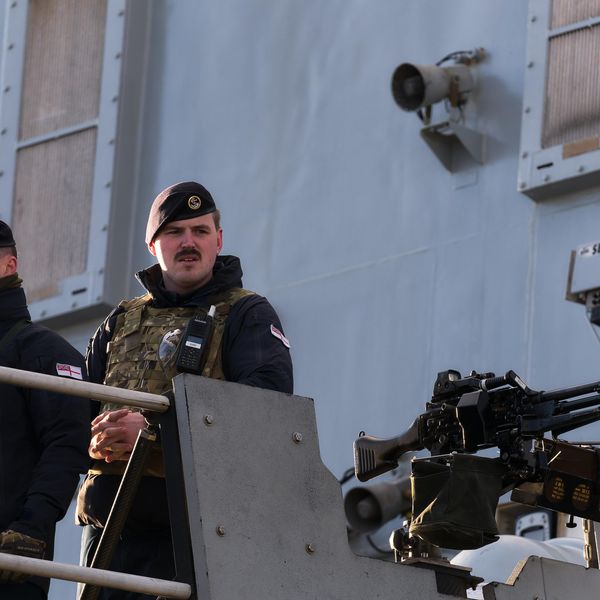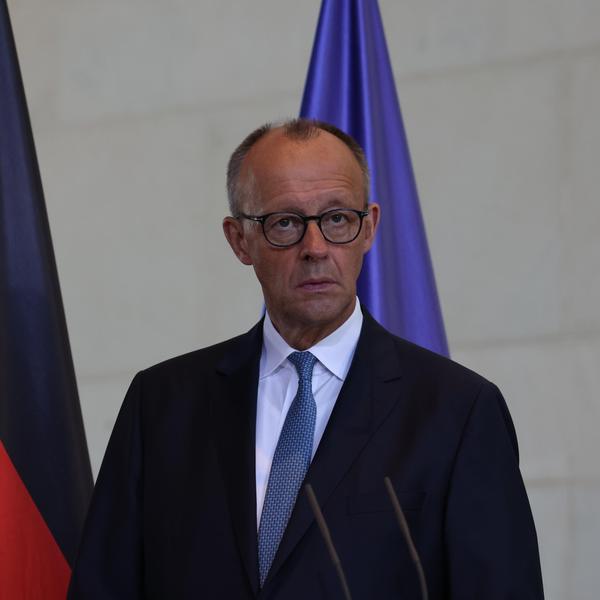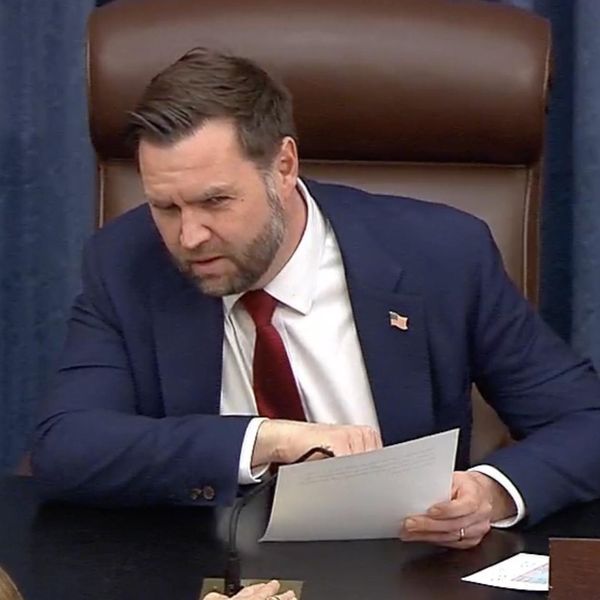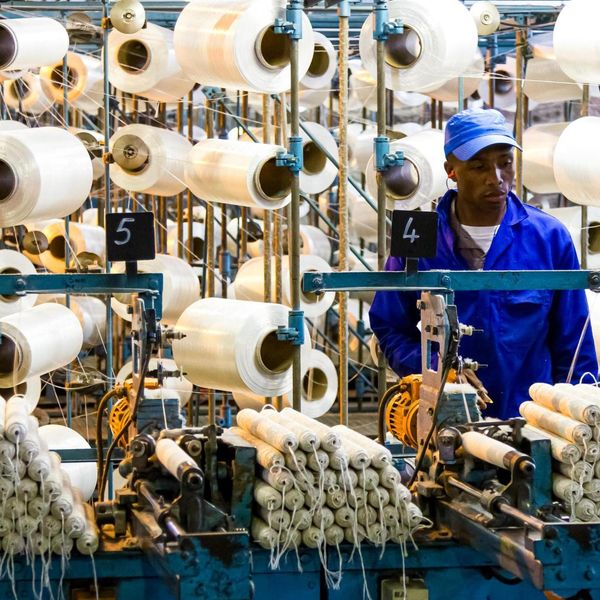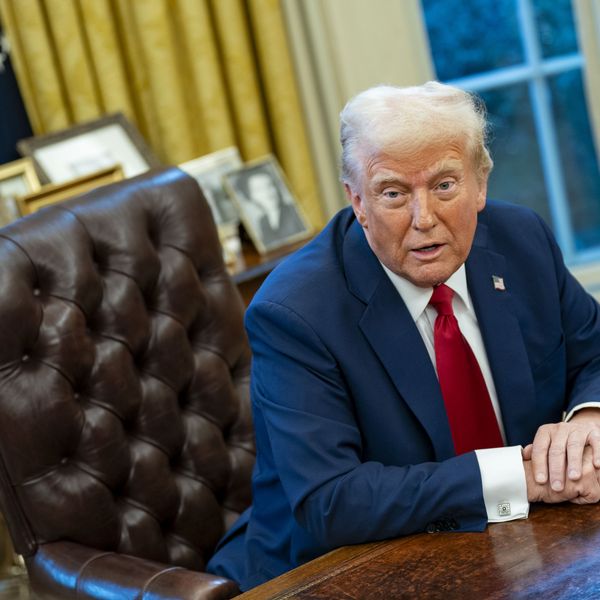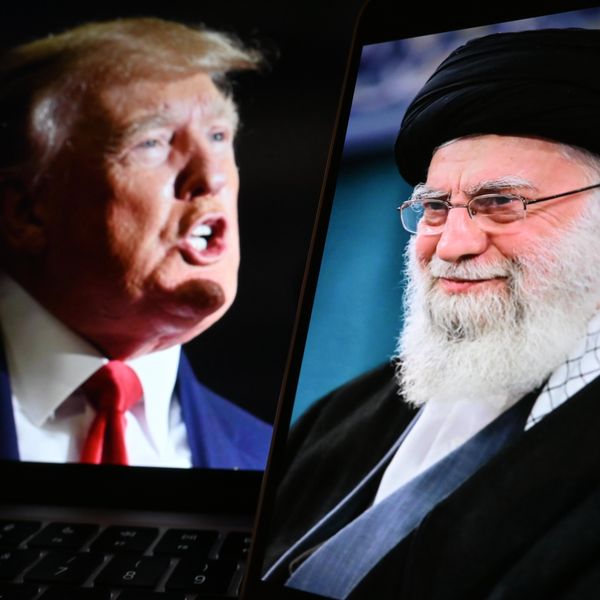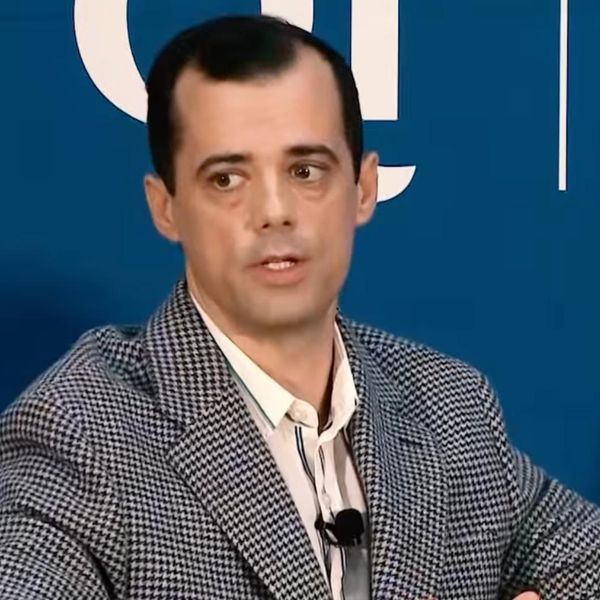While Donald Trump has repeatedly bragged that he can end international conflicts in days, he is clearly frustrated that global leaders are not bending to his will. Only last week, he said that he is “angry” that Moscow has not offered a Ukraine deal and that he might impose secondary “tariffs” on Russian oil sales. He also warned that if Iran doesn’t “make a deal, there will be bombing.”
This lashing out is not part of some grand “madman” strategy. Rather, it is a product of Trump’s apparent need to project power. The trick is to know how to reward that projection: Putin’s commissioning of a portrait of Trump — which his personal Middle East envoy, Steve Witkoff, claims the Russian leader asked him to deliver to the president — paints a vivid example of the nature and perhaps limits of such strategic flattery.
Iran’s Supreme Leader would never stoop to such antics. Still, it is possible that Ayatollah Khamenei understands that his negotiators might use Trump’s abiding need to display his global acumen to get American concessions on a nuclear deal. Because Trump’s volatility can open doors or blow them up just as quickly, international leaders — and his own advisers — are constantly struggling to manage (or exploit) an approach to the world that lacks any coherent strategy or even tactics.
Thus, it is hardly surprising that while Iran’s President Masoud Pezeshkian insisted after Trump’s latest threat that “th[e] path for indirect negotiations remains open,” an Islamic Revolutionary Guard Corps leader warned that American troops deployed “at least ten bases -around Iran” are “sitting inside a glass room.” Grappling with his impulse-driven foreign policy, Trump’s rivals find it difficult to get any sense of his bottom line.
Hope and confusion in Tehran
U.S.-Iran relations are a case in point. It is worth recalling that in November Elon Musk met with Iran’s U.N. ambassador, Saied Iravani. Commenting on the surprise encounter, a conservative Iranian website declared that, “It appears that Trump has genuinely decided to adopt a different approach…perhaps, as (Foreign Minister) Abbas Araghchi put it, moving from 'maximum pressure' to 'maximum rationality.’” This observation echoed Araghchi’s previous statement that “maximum rationality” would “probably get a different result” and seemed calculated to test Trump.
Trump’s decision in mid-January to remove security details for former Secretary of State Mike Pompeo and former U.S. Special Representative for Iran Brian Hook — both men key architects of Trump’s first-term “maximum pressure” policy against Iran — encouraged Tehran’s cautious optimism. When Hook was summarily dismissed from a top position on Trump’s transition team after complaining about the Biden administration’s “appeasement” of Iran, the hardline Tehran Times quoted Trump’s announcement on Truth Social (“Brian Hook from the Wilson Center for Scholars... YOU'RE FIRED!") while the Islamic Republic News Agency speculated that Trump’s actions “could be sending signals to Iran that he may be willing to engage with Tehran diplomatically,” even if it is “unclear whether the moves signal a shift in tactics, strategy, or attitude.”
Trump’s mysterious letter to Khamenei
The drama revolving around the letter that Trump sent Khamenei on March 5 shows that striking this balance won’t be easy. While not revealing the letter’s contents, Trump alluded to it during his March 6 Oval Office remarks.
“I’d rather negotiate a peace deal…but we can make a deal…just as good as if you won militarily,” he said. Two days later on Fox News, he acknowledged that “I’ve written them a letter saying I hope you’re going to negotiate because if we have to go in militarily, it’s going to be a terrible thing.” His assertion that the U.S. seeks a deal that would be “just as good as if you won militarily” suggests that Trump is telling Khamenei that, by dint of either talks or brute force, the administration will compel Iran to totally dismantle its vast enrichment facilities.
This is a demand that no Iranian leader, including Khamenei, can possibly accept. As he and Araghchi made clear, they will not accept U.S. ultimatums. As Khamenei put it, the “negotiations” that “some bully governments” seek “are not aimed at solving issues, but to…impose their own expectations.” If his depiction of the letter’s take-it-or-leave-it tone is accurate, the U.S., Israel and Iran may well be on a path to military confrontation.
A Trump-Netanyahu partnership without limits?
While Prime Minister Benjamin Netanyahu would welcome a U.S.-Israeli assault on Iran, it is striking that only six weeks ago the Israeli press was full of reports speculating that, as one Haaretz writer put it, Netanyahu might “go head to head with Trump on striking Iran.” But everything changed with Trump’s February 4 remark that two million displaced Palestinians must leave Gaza. While world leaders strained to make sense of this statement, Netanyahu praised Trump’s “revolutionary, creative approach,” arguing that it created “many possibilities,” one of which, it now appears, was Israel’s renewed assault in Gaza. It is also very likely that Netanyahu construed Trump’s words as telegraphing U.S. support for an eventual attack on Iran’s nuclear facilities.
But such an attack will not be easy given the domestic upheaval that Israel’s renewed assault on Gaza has sparked. Wading into the political waters, President Isaac Herzog declared that “thousands of citizens…are…crying out to prevent the widening of rifts and divisions….It is unthinkable to ignore these voices and not seek consensus.”
Coming amid the controversy over Netanyahu’s March 20 firing of the head of Israel’s Shin Bet security service, Herzog’s statement points to a constitutional crisis that could send Israel into a kind of civil war. Undeterred, Netanyahu’s Likud Party asserted that “Herzog has joined the ‘deep state.’” Clearly, Netanyahu and his allies believe that he has much to gain by emulating Trump’s paranoia and thus intimating that he and the U.S. president are on the same page politically and strategically.
Netanyahu cannot trust his mercurial twin
Still, Netanyahu must tread carefully because the divisions tearing Israel apart will grow as it expands the war in Gaza and ramps up military actions in Lebanon and Syria. If these actions lead to the killing of the Israeli hostages and/or spark a military confrontation on three fronts, the specter of regional mayhem reflect poorly on Trump. The last thing he can tolerate is looking like a “loser.”
In fact, Witkoff seemed to use his March 21 interview with Tucker Carlson to help his boss out. The resumption of war in Gaza, he argued, runs counter to Israeli public opinion. Moreover, he stated that Hamas is not ideological, that it must have a political role in a post-Gaza deal, and that real compromises with Hamas and Iran are vital to the stability that, according to Witkoff, is Trump’s number one goal when it comes to global affairs. And he seemed to walk back Trump’s own words when he argued that his letter to Khamenei was not an ultimatum, that he wants a nuclear deal that includes “verification,” and that the military option is not “a very good alternative.”
Spinners beware!
Witkoff’s interview provoked a storm in the Israeli press, and rightly so: a trusted envoy, he is struggling to transform Trump’s utterings into something resembling a coherent policy. Yet if the Middle East blows up, or seems to be moving that way, Trump might launch another verbal blast that will have leaders, policy analysts and pundits in Tehran, Jerusalem and Washington scurrying to fathom what it means. But if Witkoff and can temper his boss’s outbursts without embarrassing or antagonizing him, he could help Trump pull back from the brink. Such an effort will partly hinge on whether Trump can muster the emotional energy to articulate and sustain support for a real compromise. Perhaps pushing back against such a possibility, national security adviser Mike Waltz recently declared that nothing less than “full dismantlement” of Iran’s nuclear program is acceptable, thus perhaps putting him at odds with Witkoff.
The battle to spin Trump’s verbal bouts continues not only in Washington, but also in Tehran. Days before Trump threatened to bomb Iran, government sources in Tehran claimed that the president’s letter “is not exactly clear, (but) is not an ultimatum.” Indeed, Araghchi’s assertion that “indirect negotiations can continue,” was a message reiterated by another close adviser to Khamenei.
While, as noted above, Iran’s president has also repeated this message despite Trump’s recent threats, in the wake of the Signal Group Chat fiasco, senior administration officials are unlikely to risk their necks competing to influence Trump’s stance on Russia, Iran or indeed any other country. Like their counterparts in Tehran, Jerusalem, Moscow and other capitals, his security advisers must tread carefully in their attempts to manage Trump’s fiery temperament and careening impulses.
A longer version of this article originally appeared at Arab Center Washington DC.
- Trump signals he may defy hardliners and talk to Iran ›
- Killing the Iran nuclear deal was one of Trump's biggest failures ›
- The war over war with Iran has just begun ›
- Trump drops news bomblet: Direct US-Iran talks this Saturday | Responsible Statecraft ›
- Why Trump can do what Biden couldn't on Iran | Responsible Statecraft ›
- Trump fired Waltz because he wanted to attack Iran | Responsible Statecraft ›
- Trump envoy calls out neocons pushing for war with Iran | Responsible Statecraft ›
- Iran talks: At least they still negotiating | Responsible Statecraft ›

